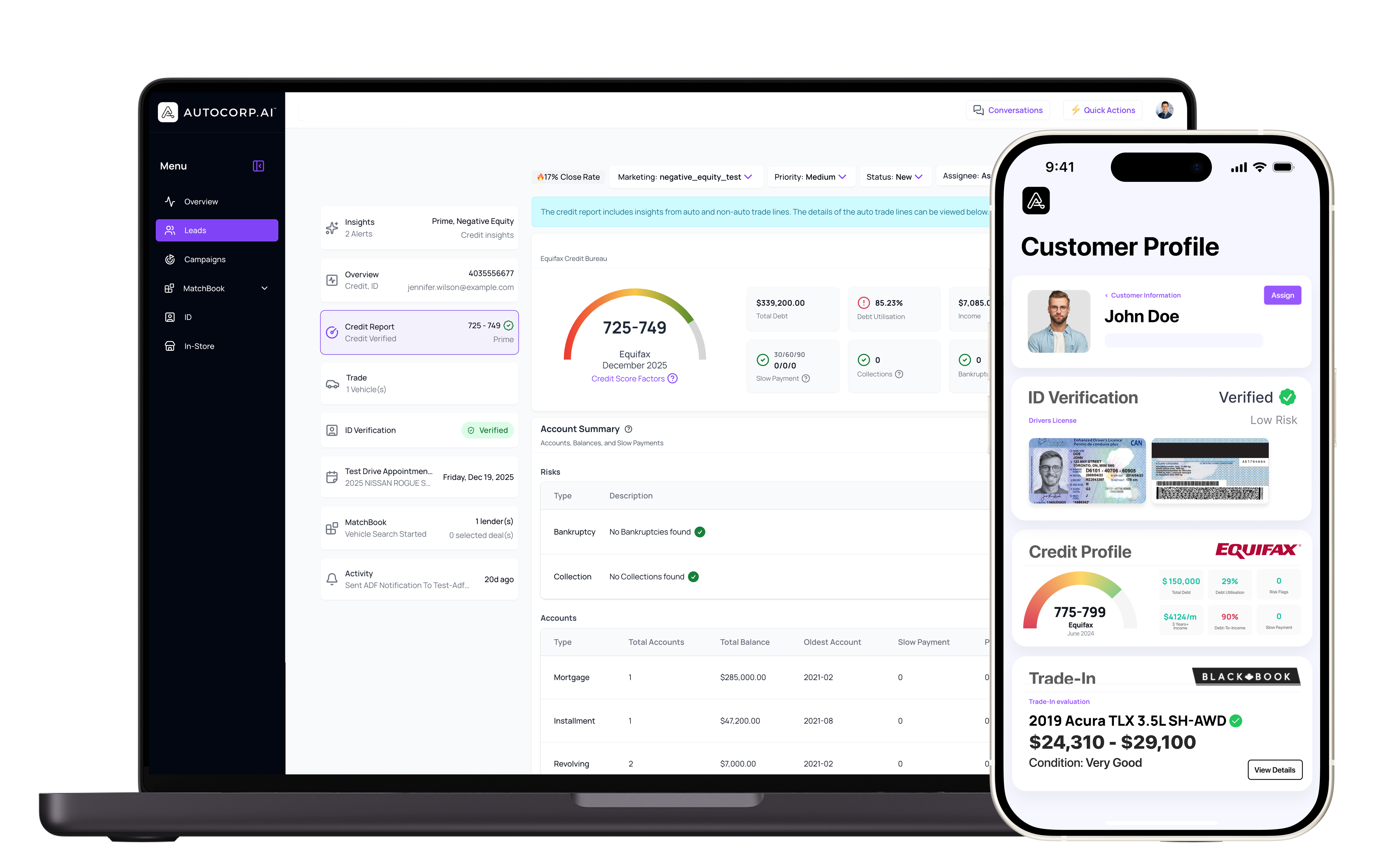
AI is everywhere in 2025, from customer service to sales forecasting and it’s no different in the automotive retail space. But with all the hype, it can be tough to figure out which tools are truly valuable and which are just buzzwords. Dealerships don’t have time to waste on tech that doesn’t deliver results.
So, what AI tools should your dealership actually use? Let’s break down the most useful applications of artificial intelligence in today’s auto retail environment, with practical tips and dealer-tested strategies to help you implement the right solutions.
Modern car buyers expect a fast, digital-first experience. That means your dealership needs to be smarter, faster, and more personalized than ever. AI tools can help automate time-consuming tasks, improve lead handling, and generate insights that lead to better decisions.
Used properly, AI can:
But not all AI tools are created equal. Here’s where to focus your attention.
Why it matters:
AI-powered chatbots help your dealership stay responsive 24/7. Today’s buyers want immediate answers, and if your website can’t provide them, they’ll go somewhere else.
What to look for:
Examples:
These tools can reduce your response time, capture more leads, and even book appointments without human input.
Why it matters:
Sales teams often struggle with knowing which leads to prioritize. AI lead scoring tools analyze customer behaviour and intent signals to predict which shoppers are most likely to convert.
What to look for:
Benefits:
Why it matters:
Overstocking, understocking, and pricing mistakes cost dealerships money. AI can analyze market trends, past sales, and regional demand to help you stock the right vehicles at the right time.
What to look for:
Tools in the market:
Dealers using AI-driven inventory platforms often report faster turn times and stronger margins.
Why it matters:
Customers are bombarded with generic ads and emails daily. AI-driven marketing tools allow you to send personalized messages based on behaviour, location, interests, and purchase history.
What to look for:
Popular tools:
AI marketing tools increase engagement, drive more traffic, and keep your dealership top of mind throughout the buying journey.
Why it matters:
AI can improve the efficiency of your service department by predicting maintenance needs, automating appointment scheduling, and even helping with technician diagnostics.
Key features to explore:
Impact:
Why it matters:
Many dealers still rely on phone calls as a primary lead source, but few have time to monitor and coach calls. AI call analysis tools automatically transcribe and score calls to improve performance.
Look for:
Benefits:
Before jumping into any AI solution, ask:
Start small. Test one or two tools in key areas like lead management or marketing automation. Track performance. Get team feedback. And scale from there.
AI isn’t a magic bullet—but when implemented with a clear goal, it can seriously improve how your dealership operates. Whether you're looking to improve lead follow-up, optimize inventory, or enhance the service experience, there's an AI tool that can help.
The key is choosing the ones that work for your store, your team, and your market. Stay focused on outcomes, track results, and keep evolving.
